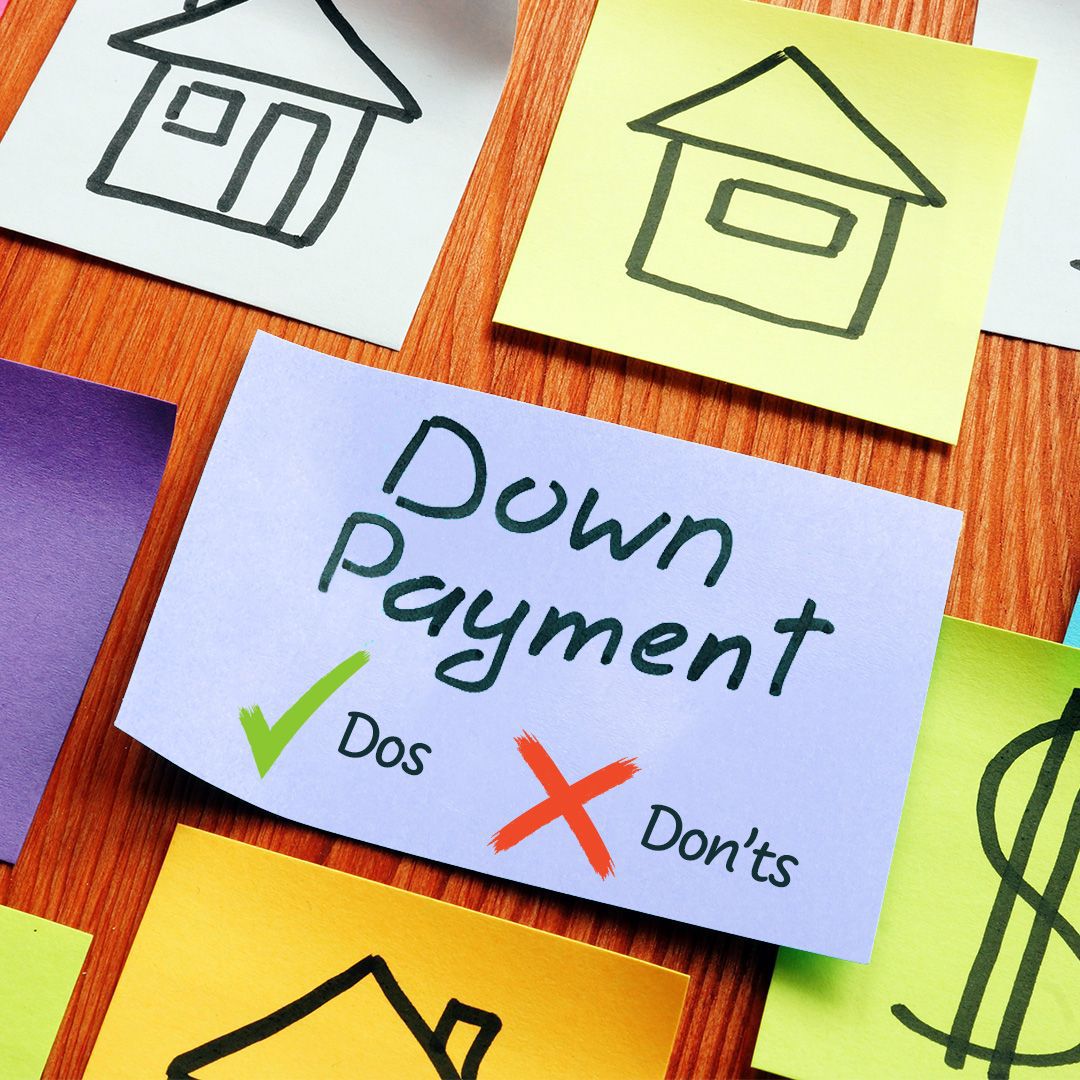The short answer is that loans get sold to free up money at financial institutions, so they can create more loans for others. The process of doing this is called a mortgage-backed security, or MBS. You may have heard the term before, but the concept can be a bit hard to understand, so let’s break it down.
Simply put, a mortgage-backed security (MBS) is an investment.
It all begins when a bank or mortgage company makes a home loan for a client. The lender can sell that loan to an investment bank, and use the money earned to make new loans for new clients. From there, the investment bank takes the loan they purchased and groups it with other residential mortgages that have comparable interest rates. They then market it as a proper MBS to investors for purchase.
If you were an investor of an MBS, you would pay a price to acquire the MBS and receive periodic payments while holding on to the investment — so long as homeowners are making their mortgage payments. The investor, who can be an individual like you or me or a corporation, profits when the original customer pays off their mortgage.
History of the Mortgage-Backed Security
President Lyndon Johnson wanted to create a way where banks could have more funds to lend to more homeowners. To do so, he authorized the 1968 Housing and Urban Development Act (HUD), which gave banks the power to sell off mortgages to investors. This act revolutionized the mortgage industry and allowed for more lenders who could conduct business and give many more people the opportunity to own a home.
The introduction of MBSs gave lenders cash back from investors on the secondary market almost immediately. It was a huge difference compared to waiting 15 – 30 years for a homeowner to pay off their mortgage before they had more funds to loan to others.
Why did MBSs get a bad rap?
Over time, and especially during housing booms, the competition between new lenders and traditional banks caused a lowering of lending standards, and since their creation, MBSs were left unregulated. Unfortunately, some lenders offered mortgages that were not affordable based on a borrower’s job or assets. The mortgages that clients couldn’t afford were still sold and bundled as MBSs. Because an MBS is a “mortgage-backed security,” the investment is only as sound as the mortgages that create it.
In 2006, mortgage-backed securities made up more than 50 percent of the finance market. In the case of the great recession in 2007-2008, when the housing bubble burst, many homeowners defaulted on their mortgages, and MBS investors didn’t receive their own payout. This created a domino effect of lost funds for a lot of people and was a great contributor to the 2008 financial crisis.
Creating a new, much improved reputation for the MBS today
After the 2008 recession and housing crisis, lending standards were tightened in such a favorable way for consumers that the quality of homeownership is much stronger than it was previously. Lenders are also more discerning as to whom they lend money. And, since the formation of the Consumer Financial Protection Bureau (CFPB) in 2011, mortgage applicants are more thoroughly vetted to ensure that they are not taking on a mortgage that they really cannot afford.
For an MBS to be sold on the market now, the mortgage needs to originate from a regulated and authorized financial institution, and the bundled MBS needs to be issued by a government-sponsored enterprise (GSE). In addition, the MBS is rated by an accredited credit rating agency, and more disclosures are provided to investors.
The now decade-old strict vetting process for buyers and new regulations for selling MBSs empower consumers, because it ensures that they are qualified (or overqualified) for the mortgages they have and only the most secure investments are sold — a huge difference from what happened in lending before the 2008 recession.
The bottom line
An MBS is an investment, similar to a bond. If your mortgage is sold, it’s done so to free up funds at financial institutions, giving lenders and banks the opportunity to create more loans, and opening the doors of homeownership for others.
If you’re interested in becoming a homeowner yourself, Homespire can help you find a mortgage that you can manage.
This is not an offer for a loan or any type of extension. Eligibility for a loan or extension of credit from Homespire Mortgage Corporation is subject to completion of a loan application, credit, income, and employment qualification, and meeting established underwriting criteria. Rates are subject to change without notice based on market conditions. See Loan Consultant for information on program income limits, buyer contribution, area median income, debt requirements, and other application details.



